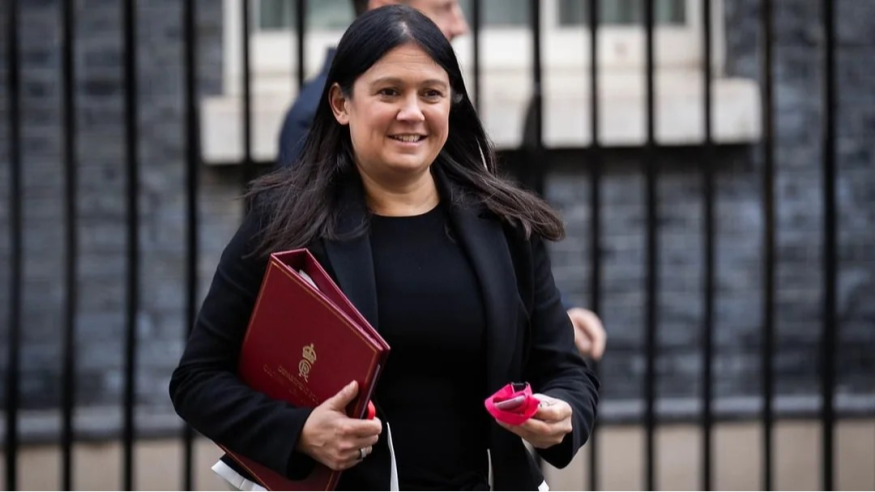
April 25, 2025
Culture Secretary Lisa Nandy has sparked debate by describing the BBC's TV licence fee as "unenforceable" and calling for a review of the broadcaster's funding model. In an interview, Nandy highlighted the challenges facing the current system, noting that "fewer and fewer people" are paying the £174.50 annual charge.
Nandy, who has previously criticised the licence fee as "deeply regressive," expressed concerns about its enforcement, particularly its disproportionate impact on women. She pointed to past findings that women, especially those in vulnerable situations, have been unfairly targeted for non-payment. "We recognise there are problems with the licence fee," she said, adding that the government is open to exploring alternative funding models.
The BBC, which receives around two-thirds of its income from the licence fee, has acknowledged the need for reform. A spokesperson for the broadcaster stated, "We want to continue to reform and evolve and look forward to engaging with the government on the next Charter and securing the long-term future of the BBC."
Nandy emphasised that "no options are off the table" as the government prepares to launch a formal review of the BBC's Royal Charter, set to expire in 2027. While she ruled out funding the BBC through general taxation, she suggested that a subscription-based model could be considered.
The comments have reignited discussions about the future of public broadcasting in the UK. Supporters of the licence fee argue that it ensures the BBC's independence and universal accessibility, while critics see it as outdated and unfair. As the review process begins, the government has invited the public to contribute their views on what a "fairer, more sustainable system" might look like.
Nandy's remarks mark a significant moment in the ongoing debate over the BBC's role and funding, with potential changes likely to shape the future of British broadcasting.






